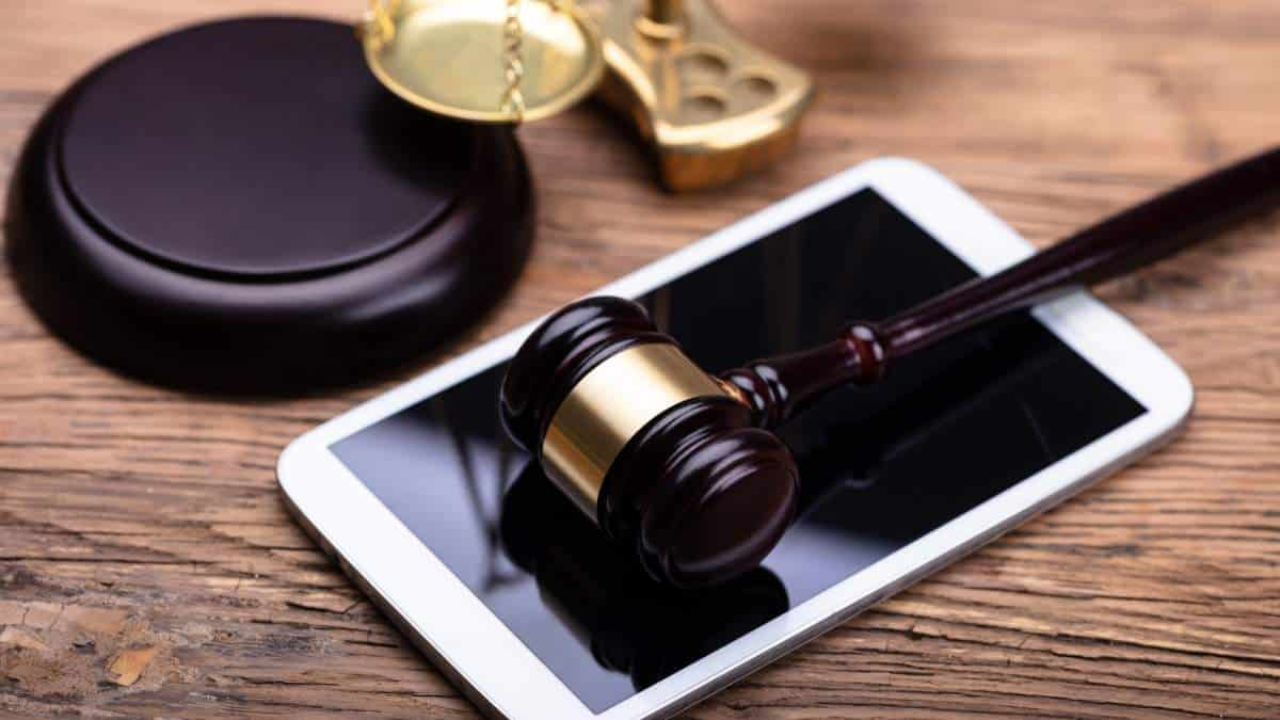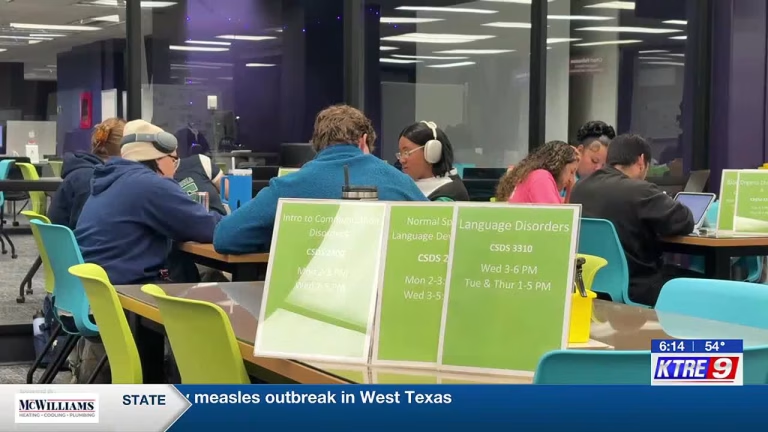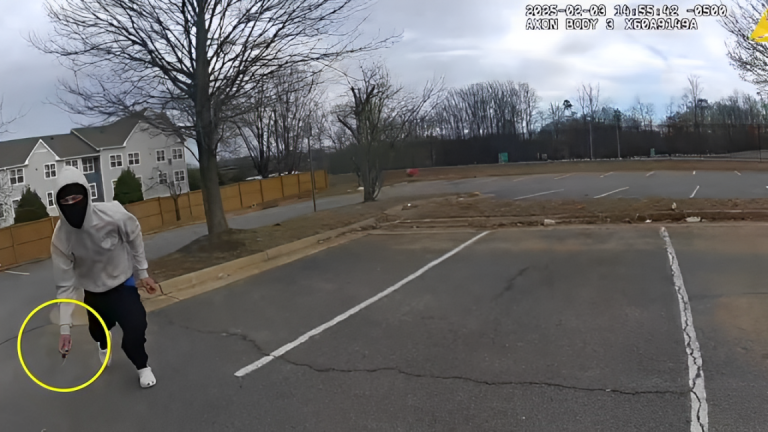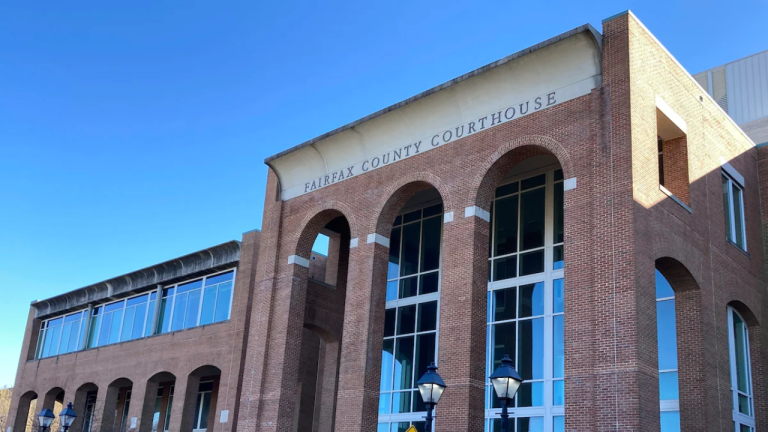Washington, D.C. — In a pivotal moment for digital privacy, the U.S. Supreme Court is set to hear arguments in Doe v.
United States, a case that could redefine the boundaries of government surveillance and individual privacy in the digital age. The Court’s decision has the potential to establish new legal standards for how personal data is protected under the Fourth Amendment.
Background of the Case
The Fourth Amendment safeguards citizens against unreasonable searches and seizures, traditionally requiring law enforcement to obtain a warrant based on probable cause before searching.
However, the advent of digital technology has complicated this framework, as vast amounts of personal information are now stored electronically, often with third-party service providers.
A key precedent in this area is the 2018 Supreme Court decision in Carpenter v. United States. In that case, the Court ruled that accessing historical cell phone location data without a warrant violated the Fourth Amendment.
Chief Justice John Roberts, writing for the majority, emphasized that individuals have a legitimate expectation of privacy in the record of their physical movements, even when such data is held by a third party.
The Current Case
The upcoming case, United States v. Johnson, involves law enforcement’s warrantless acquisition of email communications stored by a service provider.
The government contends that because these emails were stored with a third party, users have forfeited any reasonable expectation of privacy—a principle known as the “third-party doctrine.”
This doctrine, established in the 1970s, holds that individuals have no reasonable expectation of privacy for information voluntarily shared with third parties, such as bank records or dialed phone numbers.
However, critics argue that applying this doctrine to modern digital communications is outdated, given the pervasive role of technology in daily life.
Implications
A ruling in favor of the government could grant law enforcement broad authority to access various forms of digital data without a warrant, including emails, text messages, and cloud-stored documents.
Conversely, a decision favoring Johnson could reinforce and potentially expand privacy protections, requiring warrants for accessing personal data stored with third parties.
Legal experts note that the Court’s decision could have far-reaching consequences for digital privacy rights.
As Nathan Freed Wessler of the ACLU’s Speech, Privacy, and Technology Project observed, “The Supreme Court’s ruling in Carpenter was a significant step toward adapting Fourth Amendment protections to the digital age.
This case presents an opportunity to further clarify the boundaries of privacy in our increasingly interconnected world.”
Read More:
- President Trump Announces 25% Tariffs on All Steel and Aluminum Imports, Sparking Global Trade Concerns
- US Transportation Secretary Tours Hurricane-Damaged Interstate in North Carolina!
Broader Context
The Supreme Court has grappled with similar issues in recent years. In Riley v. California (2014), the Court unanimously held that police must obtain a warrant before searching a cell phone seized during an arrest, recognizing the vast amount of personal information such devices contain.
More recently, debates have emerged over government access to data stored overseas. In United States v. Microsoft Corp., the Court was set to decide whether the government could compel Microsoft to turn over emails stored on servers in Ireland.
However, the case was rendered moot after the passage of the Clarifying Lawful Overseas Use of Data (CLOUD) Act, which established new guidelines for cross-border data access.
Looking Ahead
As the Supreme Court prepares to hear United States v. Johnson, stakeholders from various sectors are closely monitoring the proceedings. Privacy advocates argue that robust protections are essential to prevent government overreach and to maintain public trust in digital services.
Law enforcement agencies, on the other hand, contend that timely access to electronic communications is crucial for effective investigations in an era where criminal activity increasingly occurs online.
The Court’s decision, expected later this year, will likely have significant implications for privacy rights, law enforcement practices, and the tech industry’s handling of user data.
As technology continues to evolve, the balance between privacy and security remains a central challenge for the judiciary, policymakers, and society at large.
For more information on the Fourth Amendment and digital privacy, the Brennan Center for Justice offers comprehensive resources.
Additionally, the American Civil Liberties Union provides insights into recent Supreme Court decisions affecting digital privacy rights.
As this case unfolds, it will serve as a critical benchmark for how constitutional protections are applied in the digital era, potentially reshaping the landscape of privacy rights in the United States.
Disclaimer- Our team has thoroughly fact-checked this article to ensure its accuracy and maintain its credibility. We are committed to providing honest and reliable content for our readers.


























+ There are no comments
Add yours